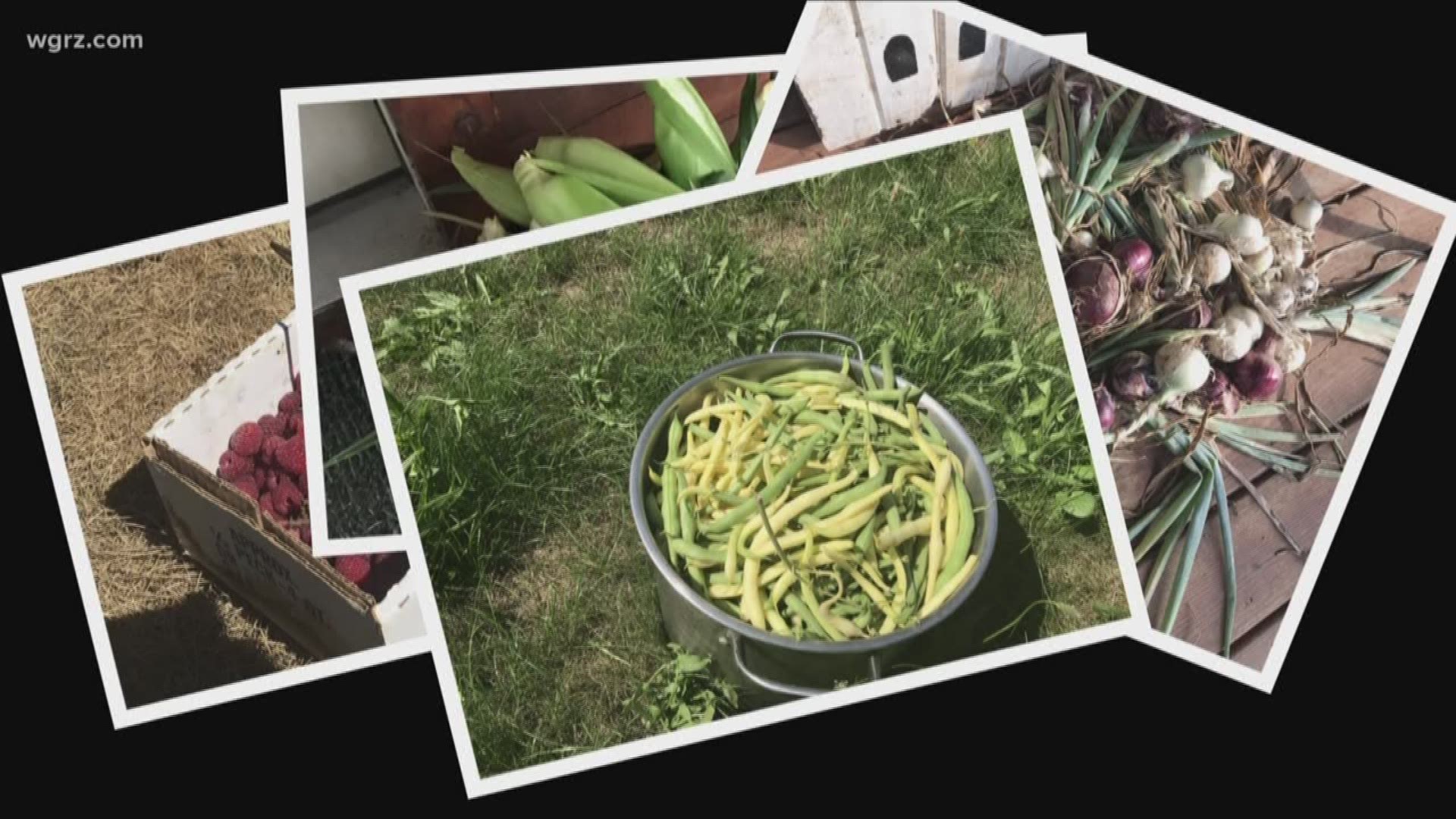BUFFALO, N.Y. — When it comes to New York Governor Andrew Cuomo’s push for the state to legalize the adult use of recreational marijuana, many questions still need to be ironed out.
On Wednesday, 2 on Your Side spoke with four members of Western New York's State Assembly delegation to ask their opinions on a variety issues on the topic.
All four were Democrats and serve in a legislature where both houses are now in their party’s control.
“The Governor may have his positions, but the governor is not a legislator,” said Patrick Burke, who is just beginning his first term serving the 142nd district. “So it’s for us to debate this issue and flush out the policy and come up with the best solutions."
Could You Grow Your Own?
Many gardeners are fond of growing their own fruits and vegetables, avoiding having to purchase them at stores.
Some might wonder, then, could they similarly grow their own marijuana?
“If you can grow your own tomatoes at home, then you should be able to grow your own marijuana at home,” said Assemblyman Sean Ryan (D-149th District).
However, when asked if they had any insight as to whether the proposal to legalize recreational marijuana would provide for this, Assemblywoman Monica Wallace (D-143rd District) said, “I think that’s still being negotiated. I think the proposal the Governor has would not allow for that, but we haven’t discussed it in the legislature.”
Can you share what you grow?
The bane of some backyard gardeners is often an overabundance of the fruits (and vegetables) of their labor.
Their surplus produce is then often brought to work to be given away, or shared with friends.
“Under the state liquor authority law, if you make your own beer you can share it with friends. You just can’t sell it,” said Ryan.
Therefore, the ability to sell your surplus weed at a roadside stand, or to friends, is something not likely to be permitted according to lawmakers we spoke with.
“I would be opposed to that anyway,” said Assemblywoman Monica Wallace (D-143rd District). “I think one of the things we are all concerned with, if we do move forward with legalization, which I personally have reservations about, is that we need to make sure it's highly regulated. So if we allowed everyone to grow their own and sell their own, that would be the opposite of highly regulated.”
Allowing folks to grow as much as they want, and give away or sell as much as they please could also significantly cut into the $300 million annual windfall anticipated by the state through taxes on the sale of legal pot.
Smoke ‘em if you got ‘em?
Lawmakers will also have to decide where recreational marijuana may be used.
Ryan believes it should only be in the privacy of one’s home or property, and not on the street, likening it to open container laws which prohibit the public consumption of alcohol outside of a bar or off private property.
“If there’s any provision to allow its use on the street, then I would vote against that,” Ryan said.
When it was pointed out to him that it is still legal for a smoker to enjoy a cigarette in public, Ryan insisted smoking a joint is different.
“You’re talking about an intoxicating substance, just like alcohol," he said.
Whose job is it anyway?
There are also questions as to which state agency would oversee the sale and use of recreational marijuana, and whether it would be done under the umbrella of an existing department of state government, or if the state’s bureaucracy would grow further with the creation of a new and separate agency.
“When it comes to specific details such as these, we haven’t flushed this out in debate,” said freshman State Assemblywoman Karen McMahon (D-146th District). “So it's hard to answer. There’s no bills, there's no details, and it really is such a controversial issue that we really need to move slowly and carefully."
Ryan agreed, adding, “there are 100 details that need to be worked out on this and we are not even close to nailing those down yet."
How to spend the money
Another issue that looms large is deciding how the state should spend the additional tax revenue derived from marijuana sales, with questions over whether it should be used for the general fund or if the proceeds should be earmarked for a specific cause or causes.
One can expect that to be a healthy topic of debate in the state legislature.

